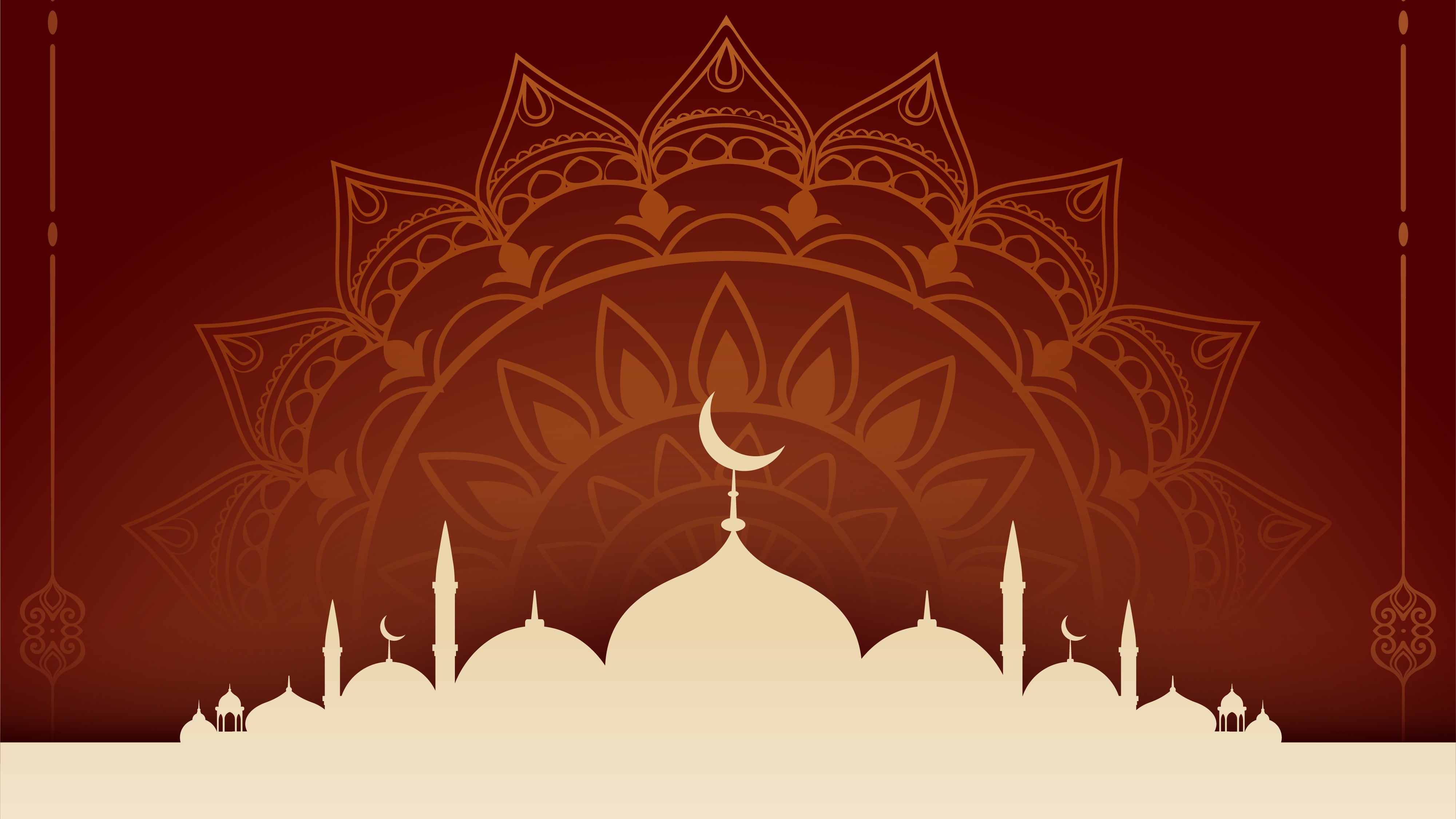How The Hijri Calendar Came To Be
It all started when Hazrat Omar (RA) observed two Muslims debating amongst themselves over a date at which a transaction/exchange was to occur. One stating that it is to be done in the next Shaban while the other argued that it had to be done in the previous Shaban. This incident made it clear to Hazrat Omar (RA) that in order to maintain harmony and cohesion, it was necessary for the muslims to have their own calendar. Similar to the Persian calendar, for a civilisation to come, it was crucial for us to have some independent realities of our own.
Historically speaking, if we are to note how the Arabs used to distinguish the passing of time, it was done by naming the year after a particular event that occured. For example: the year 570 CE was well known as “The Year of The Elephant”,etc. If nothing happened in that particular year then it was again associated with the nearest passing significant event. For example: the year 572 CE would have been known as “2 years after the Year of The Elephant”. Thus, as you grow up, you organically begin to memorize the dates of the major occurrences. Notably, this was a very two-dimensional approach to the calendar system. However, in their defense, this system seemed to work fabulously as they were a small civilization. Contrarily, at the time this problem arose, Islam had become a huge phenomenon that needed to incorporate the needs of the enlarged civilisation by establishing some independence and structure.
Hazrat Omar (RA) takes it upon himself to gather the sahabas at a common location for a consultation on how to approach the situation, and what would be the best plan of action. Once the proposition of the idea of an independent Muslim calendar was approved, they all collectively started to work on sorting out the nity-grities of the project.
A discussion arose about when the calendar should begin. Some suggested starting from the Prophet’s birth, or his passing, or from the date at which the Prophet (PBUH) received the first revelation, or even from the holy month of Ramadan. Bottom line, the date of every significant event was considered as a starting point for the Hijri calendar.
Hazrat Ali (RA) then suggested starting the Islamic calendar from the date of the Prophet (PBUH)’s migration, as this was the moment when truth ("haq") was clearly distinguished from falsehood ("batil"), and when honor and dignity ("izzah") were openly manifested within the Ummah, free from oppression. Hazrat Omar (RA) agreed with him and it was unanimously agreed that this will be the start of the hijri calendar. All this took place in the 16th year of Hijra, and in reality, the official implementation of the proper Islamic calendar started in the 17th year of Hijra. This is how the start of the year was decided upon. However, the question of the first month of the calendar remained unanswered.
In comparison, in the pre-Islamic period, people tended to switch the months according to whatever was convenient for them. To elaborate, suppose the people wanted to wage war but they were in “the season of not fighting” (the Ashrul-ul-Hurum), they would just swap out the month and proceed doing whatever they intended by utilizing the theory of “ignorance is bliss’ to validate their decisions/behavior. On the other hand, The Quran clearly forbids this practice as it states,
Now to actually determine the starting month, the discussions amongst sahabas continued and the most obvious candidate was the month of Ramadan. Ramadan was almost finalized as well, but others suggested and wished for the first month of the Hijri calendar to be Rabi-ul-awwal. Contrary to popular belief, it was not because of the literal translation of its name, instead it was because this is the month in which the Prophet (PBUH) migrated from Makkah to Madina.
In the end, after consulting with key companions like Hazrat Uthman (RA) and Hazrat Ali (RA), it was decided to start the calendar from the month of Muharram. But why Muharram?
Their logic behind this decision was simple. In those years, the majority of the Muslims of Makkah and Madina used to indulge in the act of pilgrimage. Unlike the advancements in technology and transport that Muslims experience today, at that time it would take approximately 2 weeks of travel time for the people of hajj to return to their areas of residence. It is common knowledge that indulging in such a major act of worship is symbolic as a “rebirth” of a Muslim as they are the closest to their Lord and prioritize bettering themselves to only do good. Due to this, Hazrat Omar (RA) reasoned that by the time it takes for them to return from hajj, the start of Muharram is upon them. So the theory they applied was that every single month of Muharram, muslims have the opportunity to become a better person, similar to the universal belief of “new year, new me”.

Share:
Investing in the Future: Islamic Perspectives on Education
What Did The Mornings Of Prophet Muhammad (ﷺ) Look Like?